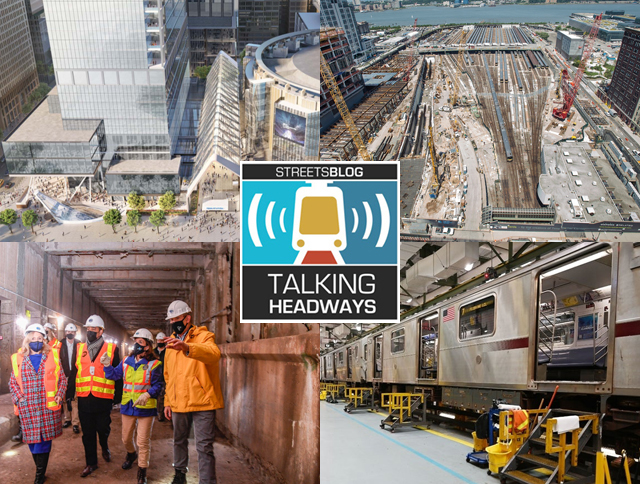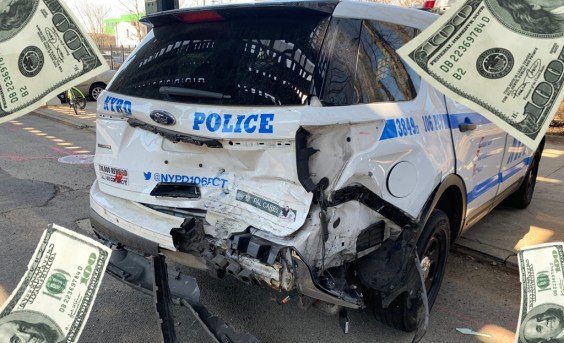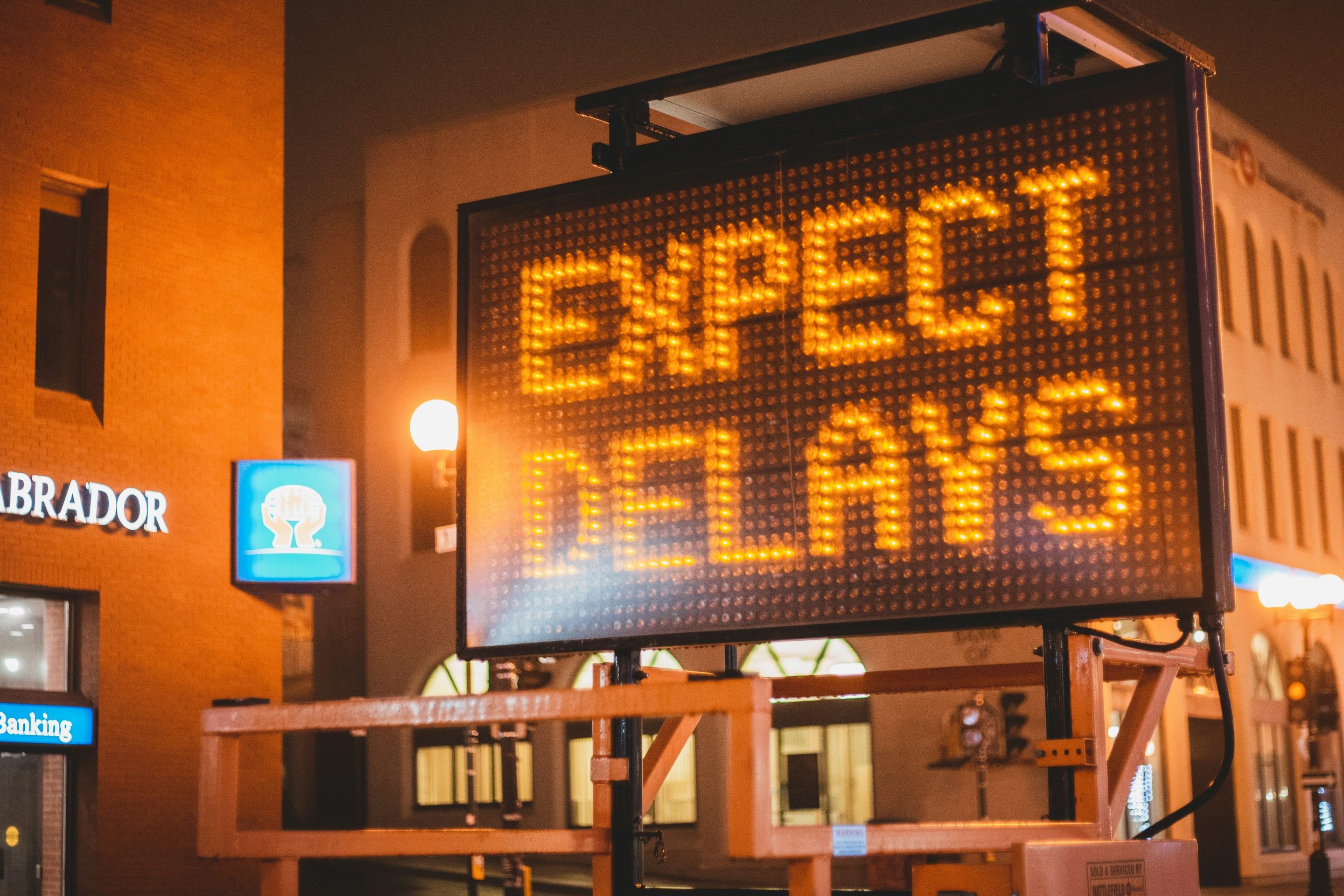Paul Lewis, policy director at the Eno Center for Transportation, discusses "Saving Time and Making Cents: A Blueprint for Building Transit Better" — about the differences between highway and transit capital projects and some ways agencies can create better governance and lower costs.
For those of you who get your news through your eyes and not your ears, there’s an edited transcript below the audio player. If you want a full, unedited transcript (with some typos!), click here. If you want to listen, here you go:
Jeff Wood: I think project costs are a frustration for a lot of advocates and professionals but how do people, outside of the people that pay attention really closely to this stuff, how much do you think that they care and how much do you think that this aside from like those New York Times articles, how much do you think this discussion spills out over into regular discourse?
Paul Lewis: I think it definitely spills out into regular discourse when there is a specific project and there’s a specific problem with it, right? We’ve seen this with the Purple Line here in Maryland, or in other cities that are building light rail or heavy rail. There’s always a big estimate and it’s a couple of billion dollars and everyone’s like, "okay, we’re going to get with this project." Then they get down the road and okay, well, it’s going to cost so many billion dollars more. We’re seeing this in New York City right now. There does tend to be a lot of frustration, you know, why can we not crack this nut? We all know what it means is not that, you know, the transit is not necessarily going to get billed to that specific project, but that means that there’s going to be less money for other projects that are just as important in other places in the country.
Wood: I guess that’s a frustration too, is that, you know, if we figured out how to reduce costs, there would be more money for other projects, or at least there would be more transit, construction, fixed guideway transit construction around the country. It’s interesting to think about how much kind of we lose out on by having these extra costs come into play.
I want to ask about projects that take longer and cost more in the U.S., but I know the answer is going to be complicated and there’s not a clear answer. So, instead, I’ll ask why it feels like the feds, agencies, elected leaders, construction companies, consultants, they tend to let this kind of slide and they let it go and they’ve let it go for a number of years. I’m wondering why that’s the case.
Lewis: That’s a good question. I think part of it is that it’s been a slow growing problem, right? It’s not like all of a sudden one day construction costs were expensive. I think over time, it’s kind of gradually crept up on us and it’s really become apparent in the last five or so years that this is a really major problem. I also feel like there’s, the kind of a general acceptance of, "oh, this is what it’s going to cost and, you know, sorry, it’s not much we can do about it." There’s also, and I don’t know if this is really related to your question, but I’m going to talk about it anyway.
Wood: Feel free.
Lewis: Well, there’s a difference between the scrutiny on transit projects versus their counterparts in the highway world. Maybe this is something that you want us to talk about more in a little bit, but I think it’s important to kind of recognize when we embarked on this, a couple of people said, and, and we found it to be true. There’s a lot of public scrutiny and discussion about what a transit costs at the beginning and middle and end of its life. There’s a lot of press about it, but there’s very little on the highway side and actually finding data about what a highway project costs at the end of its construction is really difficult. I think Utah is the only state that publishes post-construction final costs of the highway projects.
So it makes it hard to scrutinize. Maybe that’s because we build a lot of highway projects and comparatively fewer transit projects, but there’s a significantly less amount of scrutiny and knowledge, frankly, about what it costs on the highway side. I do think that there’s a lot we can learn from highway DOTs and how they build projects, because they’re actually pretty adept at doing it. We can get into that in a little bit, but I wanted to make that point too. It’s not, you know, this is talking about infrastructure broadly. It’s becoming more expensive. We know more about transit because transit is at least a little bit more transparent on what this ends up costing at the end of the day.





